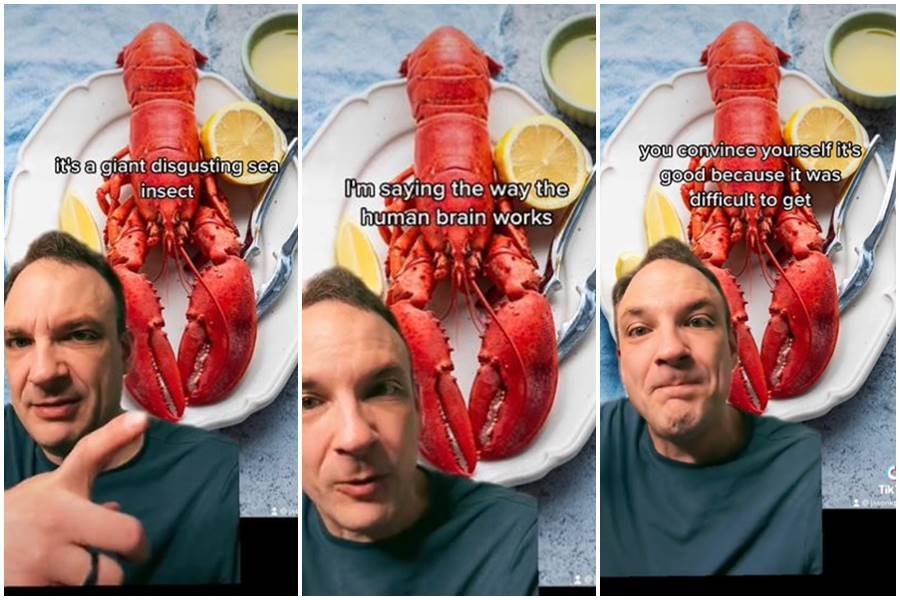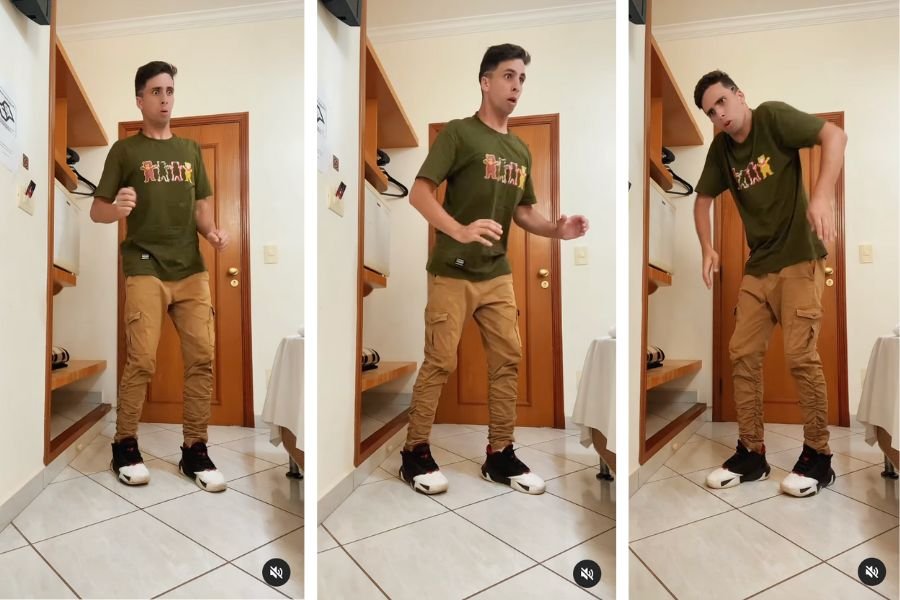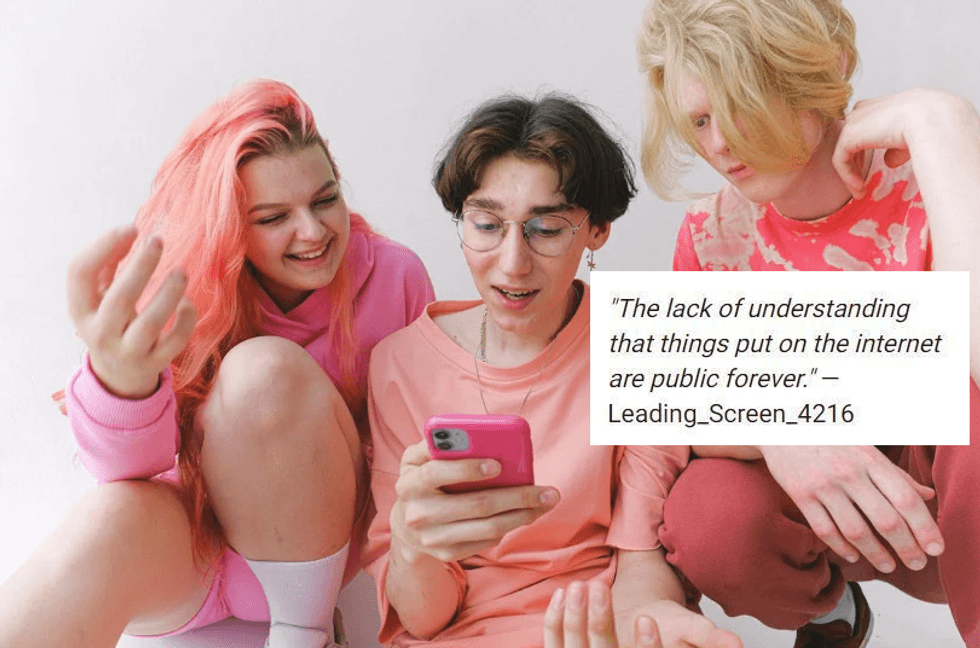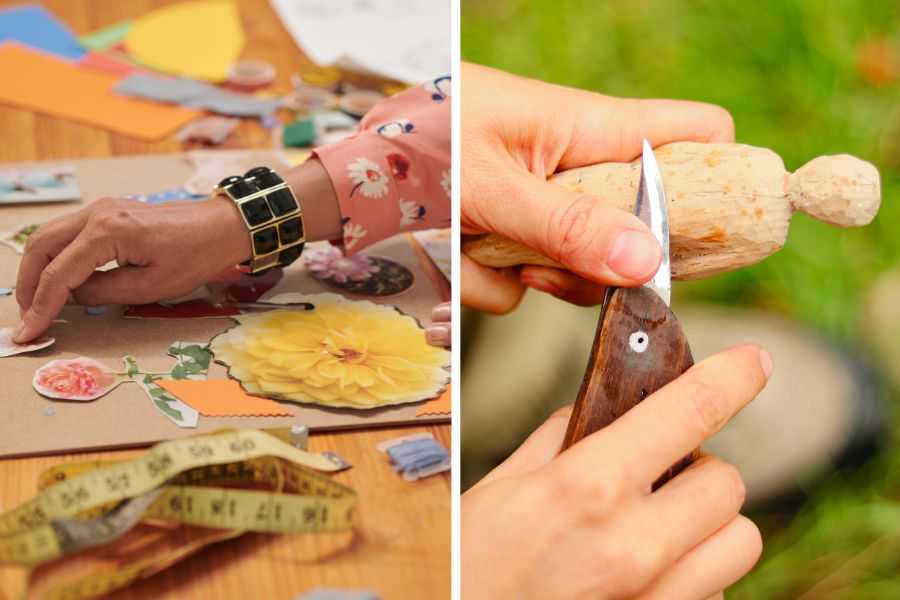Novelist Jason K. Pargin has inspired an online food fight after his video about lobster received over 500,000 views on Tiktok and nearly 6 million on Twitter. Pargin believes that we’ve all been tricked into liking lobster and that people only like it because it’s considered high class.
Pargin is the author of the “John Dies at the End” and “Zoey Ashe” series and the former editor of Cracked.com.
“I don’t think anyone actually enjoys eating lobster. I think they’ve just been convinced that it’s a high-class food for a really specific reason,” Pargin says in his controversial video. He then describes how just a few centuries ago lobster was once used as prisoners’ food and ground into fertilizer.
But after the food developed a reputation for being hard to transport from the coastal areas inland and that it spoils quickly after being cooked, it began to be seen as a delicacy.
“So because it was difficult to mess with and because it had to be shipped live inside the country, away from the coast, it became known that lobster was difficult to obtain,” Pargin says in his video. “And because it’s difficult to obtain, it had to be expensive, and because it was expensive, we decided it was good.”
“You were eating lobster not because you enjoyed it but because you wanted it to be known to all who were watching you that you could afford lobster,” Pargin continues.
His final point was a real blow to those who only eat lobster if it’s drowned in butter. “You know what also tastes good when you dump it into a bucket of butter? Anything,” Pargin says.
The viral video sparked a hot debate on Twitter, where it appears that most people disagreed with Pargin—especially those who live in the northeast and enjoy lobster no matter how it’s prepared. Many had a problem with Pargin framing the argument from the limited American perspective.
Lobster is eaten worldwide and has been enjoyed by countless cultures since the prehistoric era. People enjoy lobster in places where it’s affordable and where it’s considered a delicacy. So that kills his argument that we’ve been duped into enjoying lobster simply because it’s expensive.
But Pargin is entirely correct when he claims that we value things more when they are scarce. In psychology, the concept is known as the scarcity effect.
“Scarcity is a pervasive condition of human existence,” Shahram Heshmat, Ph.D., writes in Psychology Today. “Everyday circumstances of limited resources (money and time) can make individuals experience a sense of scarcity. Scarcity functions like an obstacle to goal pursuit, which intensify the value of goal.”
Here’s what people are saying about Pargin’s videos on Twitter.
Sorry, Jason, history goes way past the 1800s.
You should go back and tell the Roman Empire your theory of why they were tricked into thinking it was a luxury dish due to America in the 1800’s .— Neil Rankin (@frontlinechef) March 19, 2023
I love when americans talk like history started in the 1800s. Lobster is good and always has been. pic.twitter.com/nlAUFXQMgG— Rafael Graça Martins (@rafaelgcmartins) March 17, 2023
Interesting take, which really only works in an isolated US context and not considering how Europe historically saw lobster (and we don't dunk everything in butter)— Per Ploug (@pploug) March 17, 2023
Some swear they do not need to drown a lobster in butter to enjoy its flavor.
I’m a northwesterner and believe doing anything to shellfish is sacrilege. Steam it and just give it to me. pic.twitter.com/VtKZg7i8lX— Ellie L (@RedPencilScript) March 17, 2023
This is absolutely nonsense. I have literally eaten lobster meat plain by the fistful, dunking in all that butter is gross. Lobster is just like a super shrimp. I also regularly buy a pound of bay shrimp and eat them with a spoon out of a bowl.— RJ Palmer (@arvalis) March 17, 2023
Many disagreed and shared why they love the cockroach of the seas.
I actively, consciously enjoy eating lobster. Its succulent and I am enthralled by flavour and texture when I am eating it.
So <pffffft>— Crispin (@SirMustard) March 18, 2023
Okay but have you ever had *really* good surf and turf? A lobster roll?
I know nothing of the historical evolution of peoples’ views on lobster but do know that I personally find it delicious. pic.twitter.com/kyOCpvHzhH— Oliver Chinyere (@Oliverdirtyb) March 18, 2023
pic.twitter.com/PxKFQxxVK3— Ryan Leonard (@RyanLeonard) March 16, 2023
Is lobster really just a butter-delivery system?
pic.twitter.com/cUnoAGu0mw— Xavi ???? (@PresidentXavi) March 17, 2023
Unpopular opinion: Fresh lobster is delicious with butter and seasoned corn on the side. ? pic.twitter.com/HRhLjiVV3p— Aimee (@aimeelramirez) March 18, 2023
Some agree with Pargin that people only like lobster because it’s expensive.
After seeing lobster in movies and Tv shows my whole life – I thought it must be delicious
First time I tasted lobster I was disappointed
It’s mid at best
Overrated
Lobsters are like diamonds
Bad product, great marketing— Jay D. Cartere (@JayCartere) March 17, 2023
I love this subject. When I made Million Dollar Buffet it came up again and again. Put lobster on a buffet and people will pay $150 dollars.— Grace Dent (@gracedent) March 18, 2023
Kinda like how I read a while back that Pabst Blue Ribbon beer is considered high class and is expensive in China. pic.twitter.com/8ZFahIX2zF— Lance Minshall (@LanceMinshall) March 17, 2023
Pargin’s argument makes sense. We value things harder to get, and anything dunked in butter tastes fantastic. But that doesn’t cover the fact that people enjoy lobster around the globe, regardless of its perceived scarcity. In the end, the real winners of this debate are those who don’t like lobster. Right now, a pound of Maine lobster goes for up to $80 a pound. That’s an expensive night out at the local fish joint.
This article originally appeared on 3.18.23





























































